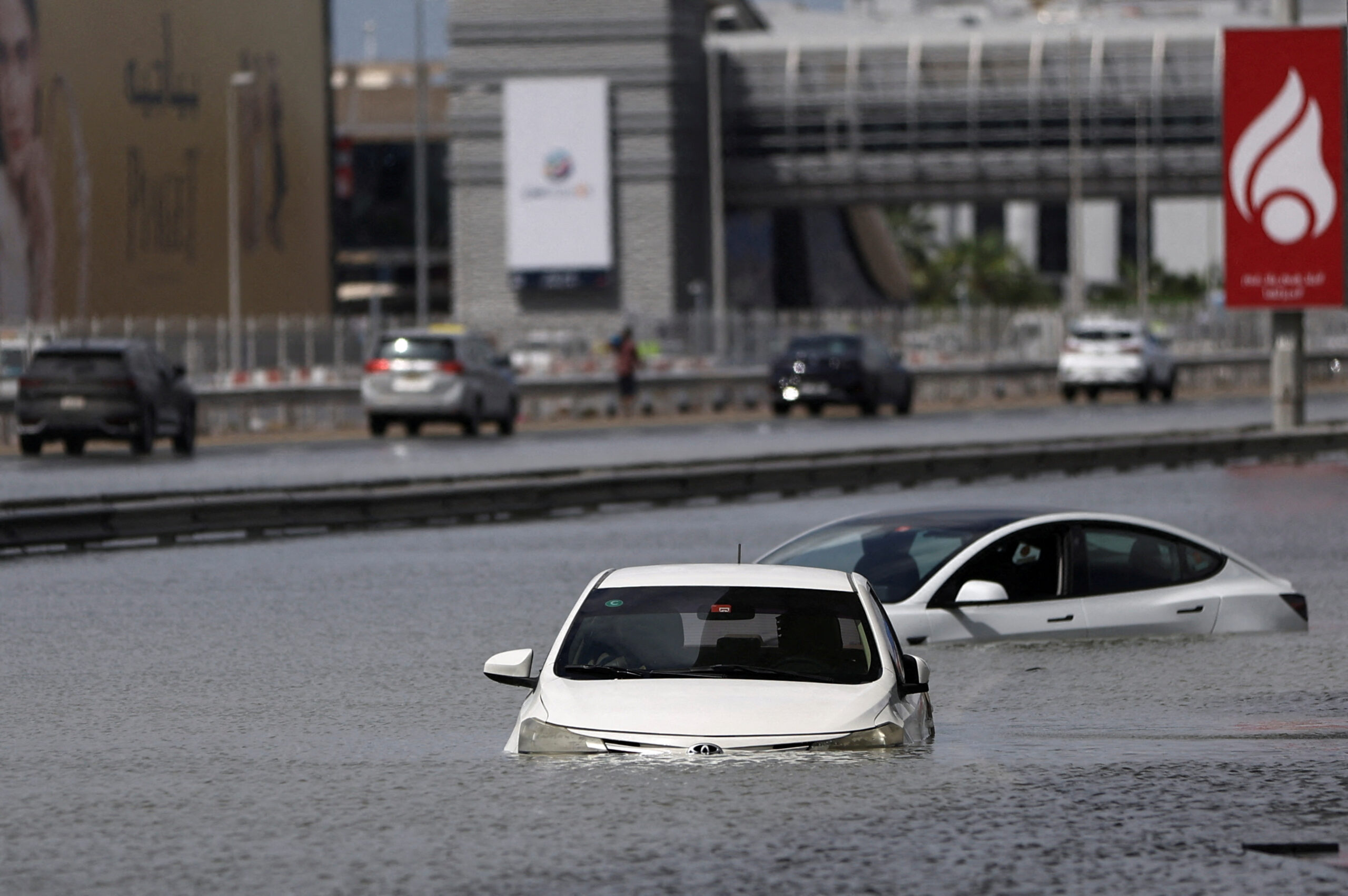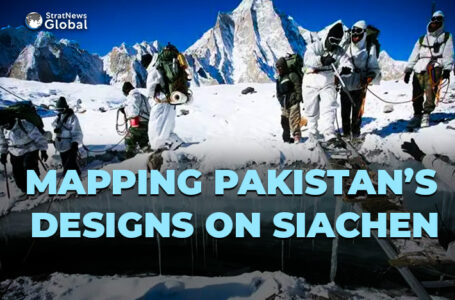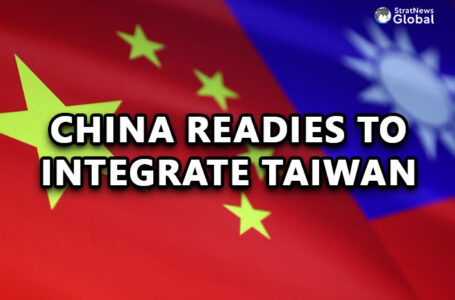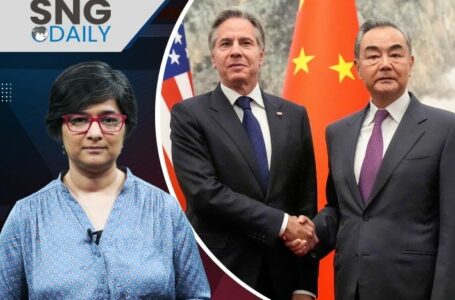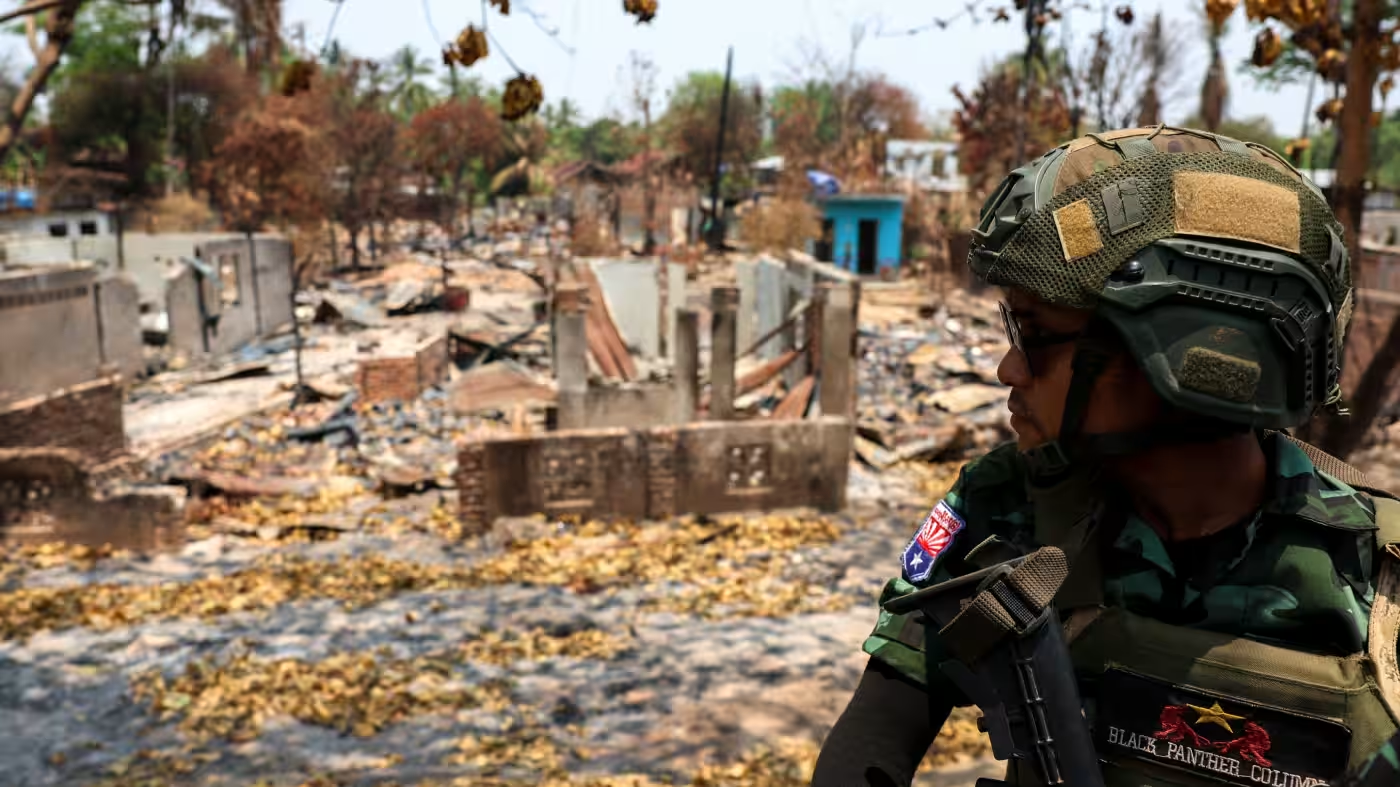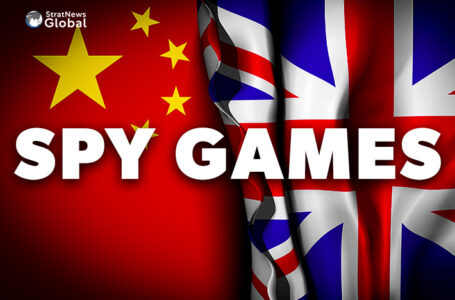Israel Airstrikes In Rafah Intensify; China: US Must Not Ste...
Chinese Defence Minister’s Nepal Visit: Why India Would Be Watching
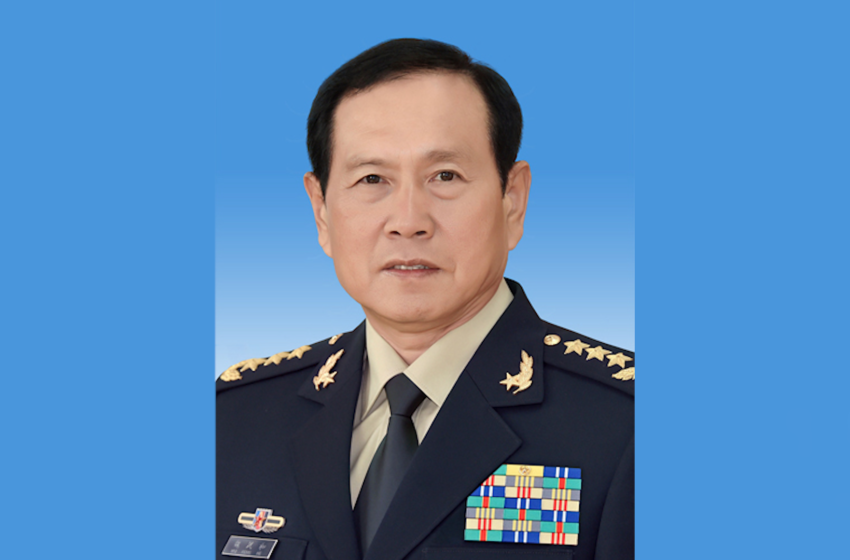
NEW DELHI: Sunday is a working day in Nepal (Saturday is off), so when China’s Defence Minister Gen. Wei Fenghe lands in Kathmandu, he can get right down to work. According to the Nepali press, he is expected to urge greater unity in the ranks of the ruling Communist party, given the bitter rivalry between Prime Minister KP Sharma Oli and senior leader Prachanda. He is also likely to press Nepal to identify projects for China-funded Belt & Road Initiative. Then there will be celebrations marking 65 years of the two countries establishing diplomatic relations.
StratNews Global learns that while the above is par for the course, the real story lies elsewhere and therefore it’s important to understand just who Gen. Wei Fenghe is. He is a state councillor, member of the Communist Party Central Committee and also a key figure in the Central Military Commission headed by President Xi Jinping. And the brief he’s carrying to Kathmandu reflects his clout back home.
Prof. Srikanth Kondapalli, China scholar at Delhi’s Jawaharlal Nehru University, believes Gen. Wei has a three-point agenda. “He wants to ensure the Nepal-China border is properly secured, meaning he would like the Nepalis to be more proactive when it comes to dealing with Tibetan refugees fleeing the Chinese authorities or Tibetan-origin Nepalis living near the border,” he explained.
Securing the border may also give China’s border guards greater leeway in dealing with situations and people living on either side, including entering Nepali territory. Some evidence of this is visible in the reports about China encroaching on Nepal’s territory in the Humla and Gorkha districts bordering Tibet and raising permanent structures.
The second item on the general’s agenda could be the sale of small arms and ammunition to the Nepal Army including uniforms, winter kits and so on. This would be a political hot potato in India. Recall that when the late King Birendra proposed to buy arms from China in 1989, then prime minister Rajiv Gandhi imposed an economic blockade. Much of the Nepal Army’s requirements are met by India at no cost and given that Nepal faces no external threat, it would appear to be part of Kathmandu’s traditional effort to balance off its dependence on India by playing the China card.
Oli’s government had signed an MoU in October 2018 with China, where the latter undertook to provide 150 million Yuan (over $9 million) over five years for what was described as “military training, peacekeeping operations, humanitarian, disaster relief and medical equipment.”
This was reiterated during President Xi Jinping’s visit to Nepal last October, with the relationship being elevated from a “comprehensive partnership to strategic partnership”. The Nepal press reported that leaders of the two countries called for greater military cooperation. The MoU does not specifically mention supply of small arms and ammunition although that is something China would want, seeing it as a tool to get close to the Nepal Army hierarchy and build dependence.
The third item on Gen. Wei’s agenda could focus on the employment of Nepali Gurkhas by China, although how this could happen, terms and conditions and so on are yet to be discussed. Prof. Kondapalli believes the Chinese are also keen to improve their mountain warfare skills and would like to train their personnel in Nepal where the terrain is similar to Arunachal Pradesh. That would be dimly viewed in India and could become an issue if Kathmandu gives the green light.
India will be watching Gen. Wei’s visit keenly. The question is whether the back-to-back visits by key Indian officials (Army Chief Gen. Naravane and Foreign Secretary Shringla) would have been sufficient to nudge the Nepali leadership to put the brakes on ties with China.
There are reports to suggest Oli does not want the Chinese to continue to mediate between him and Prachanda, which in turn suggests that he may hold good on his threat to split the Communist party. Oli may have reason to believe he could emerge the winner in this situation. Either way, India must wait to see what results from Nepal’s domestic churn.






